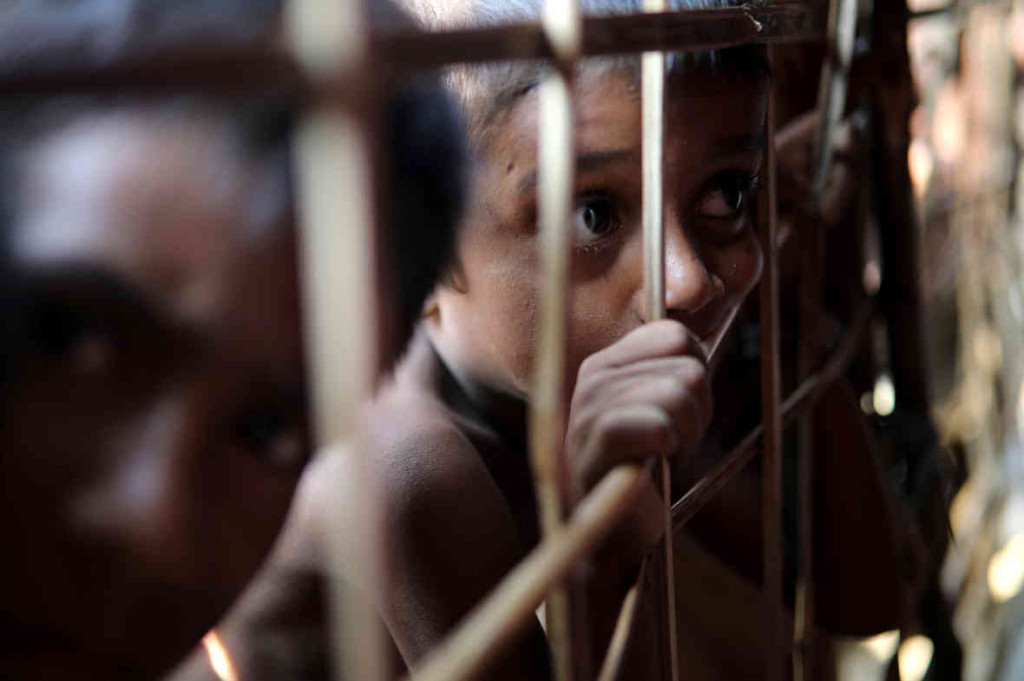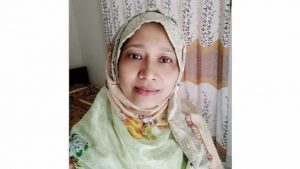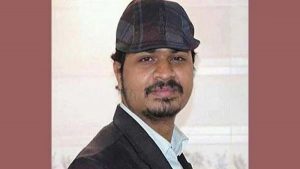U.K. and Canadian foreign ministers host Commonwealth colleagues in London
Canada and Britain are calling for an urgent investigation of crimes committed against Myanmar’s Rohingya population.Foreign Minister Chrystia Freeland and British Foreign Secretary Boris Johnson co-hosted a roundtable on the humanitarian crisis Tuesday as part of a Commonwealth Heads of Government meeting in London, England.
“The Burmese authorities need to demonstrate that they are serious about the safety and security of the Rohingya,” said Johnson in a statement from the U.K. Foreign Office.
“A credible independent investigation into reported atrocities is an important step in the process.”
Freeland is quoted in the British statement saying that the international community must reaffirm its support for those affected by the crisis.
“We also need to work together to hold perpetrators of violence to account,” Freeland says in the statement.
Tuesday’s meeting of Commonwealth foreign ministers came as a coalition of thirty humanitarian and human rights groups came together in Ottawa to urge the federal government to act on a recent report by its own special envoy to Myanmar, Bob Rae.
Justice isn’t a word I’ve ever heard spoken. Maybe it’s the translation.- David Morley, president of UNICEF Canada
Rae’s report, issued earlier this month, called on the federal government to develop a multi-year plan to assist the majority-Muslim Rohingya refugees who have fled violence in their homeland and now live in camps in Bangladesh.
Rae said Canada should step up humanitarian and development efforts, show a willingness to accept Rohingya refugees and help gather and preserve evidence of crimes against humanity and genocide.
The federal government is expected to issue an official response to the report in the coming weeks. Tuesday’s statement from the U.K. Foreign Office quotes Freeland pledging “a number of immediate actions” in the wake of Rae’s report.
Human rights groups meeting this week in Ottawa said Canada must focus on the immediate needs of the Rohingya people while pursuing the longer-term goal of holding to account those responsible for crimes and atrocities.
“I think that the gathering and preservation of evidence is critical and that Canada can play a really important role, right now, to lay the groundwork for that,” said Farida Deif, Canada director for Human Rights Watch.
Myanmar’s military regime has been accused by human rights groups of carrying out a systematic campaign of ethnic cleansing against the Rohingya. Villages throughout Myanmar’s Rakhine state have been bulldozed or burned. Civilians fleeing their homes have told harrowing stories of indiscriminate killings and rampant sexual violence.
Myanmar’s government denies the allegations and argues it is fighting a violent insurgency.
The groups that met in Ottawa issued a statement recommending that Canada lobby the UN Security Council to refer the Rohingya crisis to the International Criminal Court. They also want Ottawa to call together legal experts and people with experience prosecuting international criminal cases to ask them for strategies to collect testimony and evidence that will stand up in court.
The first step toward that, the groups said, could be establishing a documentation centre in Cox’s Bazar, a town in Bangladesh where thousands of Rohingya now live in crowded camps.
While groups in Canada discuss how to best help the Rohingya, groups working in Bangladesh are warning that the situation faced by refugees there could soon get worse.
David Morley, president of UNICEF Canada, spoke to CBC News from Bangladesh and described how Rohingya people have been working to reinforce their flimsy shelters to withstand the coming monsoon season.
“Today, all you could see was young men carrying bamboo to fix their houses,” Morley said.
“People are working hard here. They’re not waiting for handouts.”
Morley said he has heard many stories of the violence suffered by Rohingya refugees and added many don’t want to return home because they fear for their lives.
He said the Rohingya may be stuck in Bangladesh for a long time and will need shelter, education and a long-term commitment from the international community.
As for bringing those responsible for the Rohingya’s plight to justice, Morley said many of the people he has spoken to know that may be a long time coming.
“Justice isn’t a word I’ve ever heard spoken. Maybe it’s the translation,” Morley said.
“The only idea now is survival.”
– CBC News • Posted: Apr 17, 2018 5:20 PM ET




